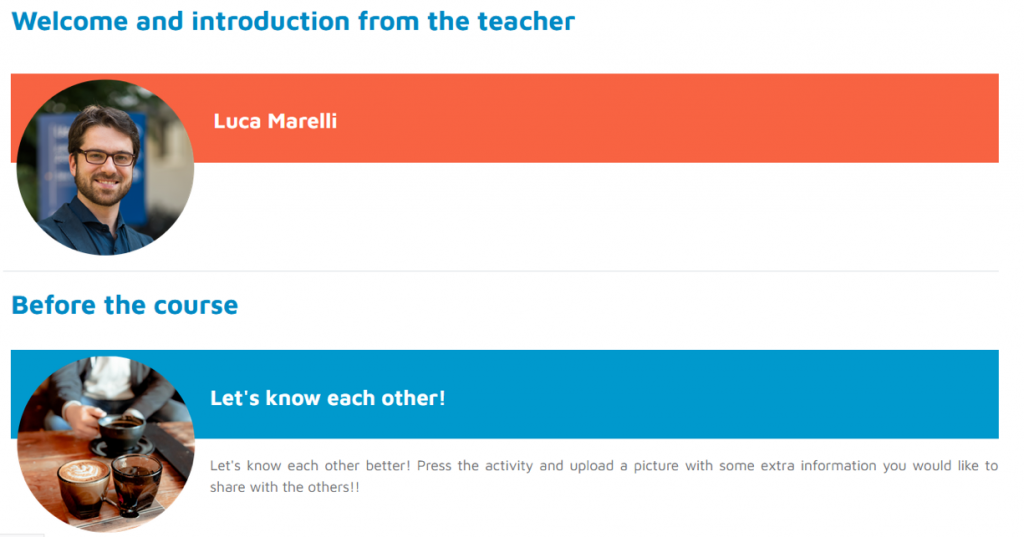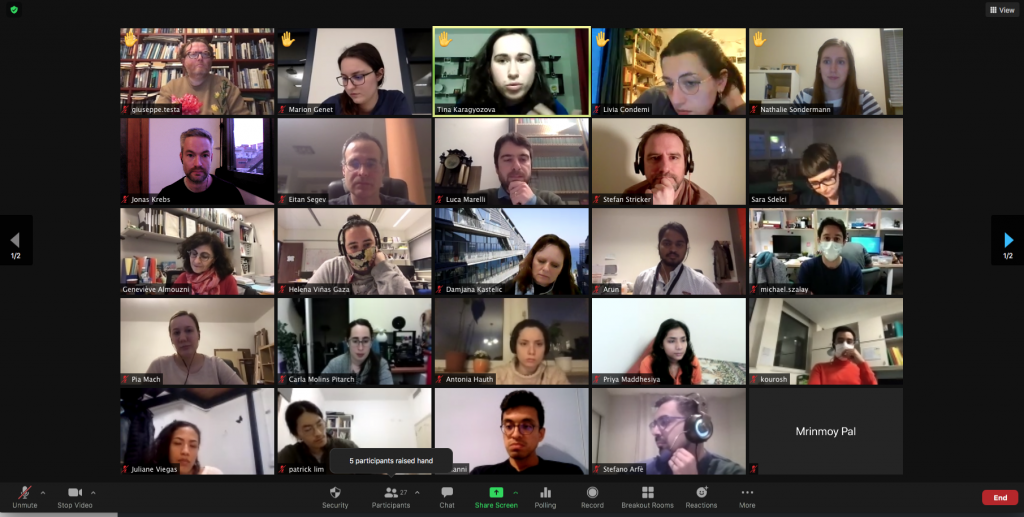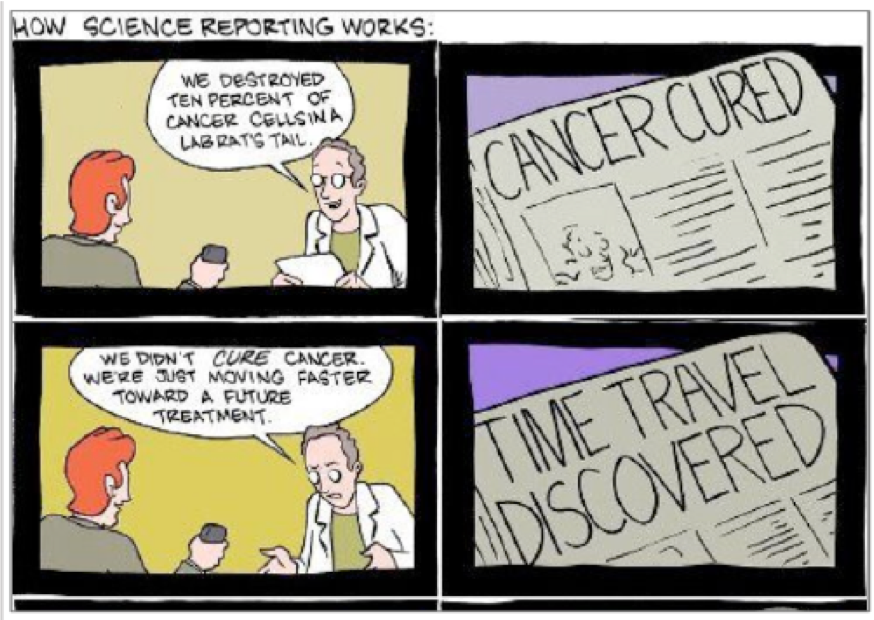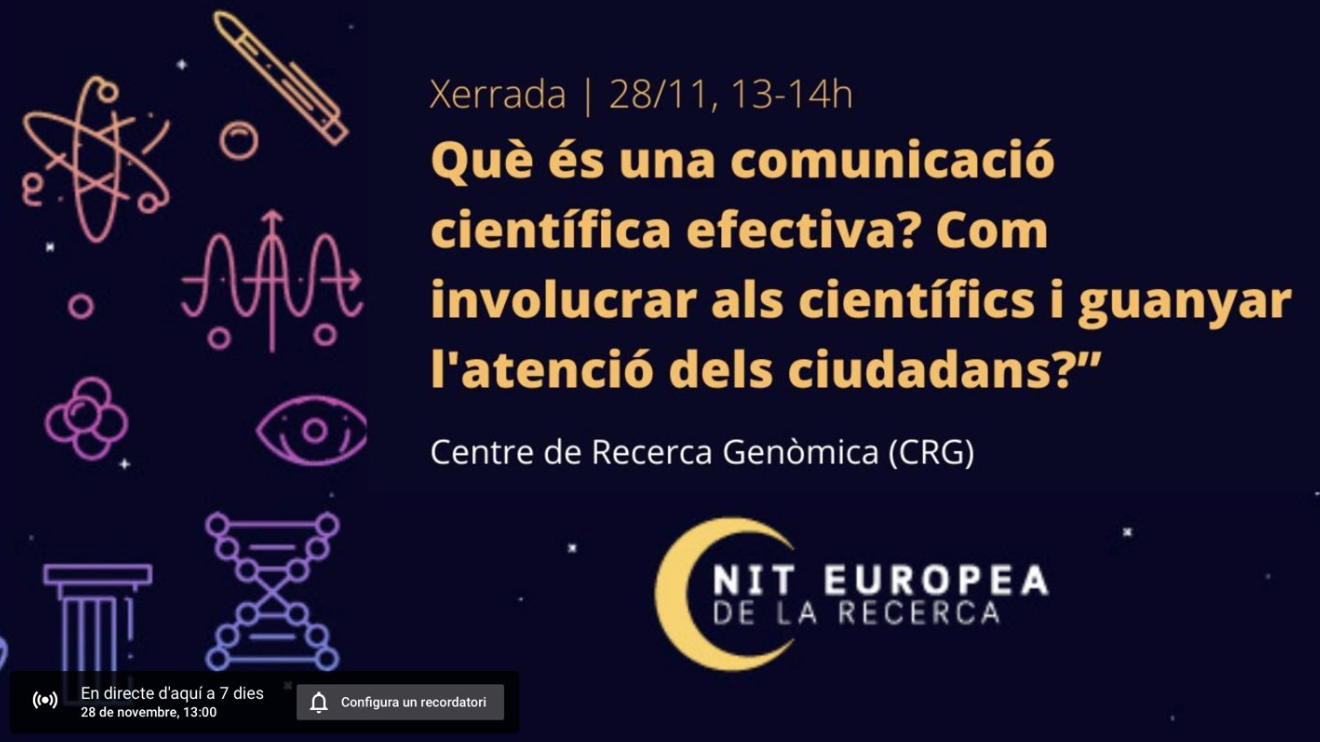Blog
See all posts17/02/2021 - Training
Biologists discussing ethics
If you thought that biologists can only talk about zebrafish and mice, you are mistaken!
Together with PhD students of our sister network EpiSystem, we followed an ethics course to talk about current ethics issues in biology and beyond. This course was led by Luca Marelli, adjunct professor of bioethics at the University of Milan and Senior Research Fellow at the Centre for Sociological Research (KU Leuven).

With these positions, who could be suited better to discuss ethics with biologists? Unfortunately, we couldn’t all travel to Milan to have this course in person. But Luca was prepared and used all existing technologies as pre-recorded videos in which he explained key ethical principles and that we watched before we discussed the topic in a Zoom discussion with everyone. On the platform moodle, we could see the course’s schedule, the modules, useful documents and homework. We even played a card game during a virtual meeting! Who says Zoom calls can’t be fun sometimes?

And because you can talk about ethics all day long as we know since the TV show “The Good Place”, the course extended over a few weeks and comprised four modules. So, we started with the “Responsible Research and Innovation (RRI)” approach, climbed over approaches of research ethics and discussed aspects of contemporary data-intensive health research and ended with a panel discussion round about novel gene editing technologies as CRISPR.

“The what over what and discussed what?”, you might ask? We thought the same at the beginning. But Luca patiently walked us through the RRI approach and explained that it is “just” about ways how to anticipate and analyse potential consequences of scientific discoveries and developments for the society, how to include the wishes of society in research and what society might expect of future developments. Similar when you explain the concept of a smartphone to your parents and they ask you what they can use it for and what are the risks and benefits of this new, strange device. Ethical and societal considerations should be included in science, and scientists and non-scientists should be in a constant dialogue. Usually mainly talking about chromatin and the next cool conferences, now we had to talk a step back and look at the big picture: What do we do with our data and research results? What are our responsibilities as scientists towards the society? Is it also our responsibility to explain how vaccines work to non-biologists?
Especially during COVID times, scientists have been more consulted by media and the general public and they had to give statements that should be understandable for everyone. Not the first time for us, after our Las Ramblas session at which we explained our projects to random pedestrians! If you want to read more about this “Science Guerrilla”, you can check out Carla’s previous blog entry.

It was surprising how easy it was to discuss ethics with colleagues and I can only recommend Luca as a teacher. In the next blog entry, you can read more on what else we learned in this course.



